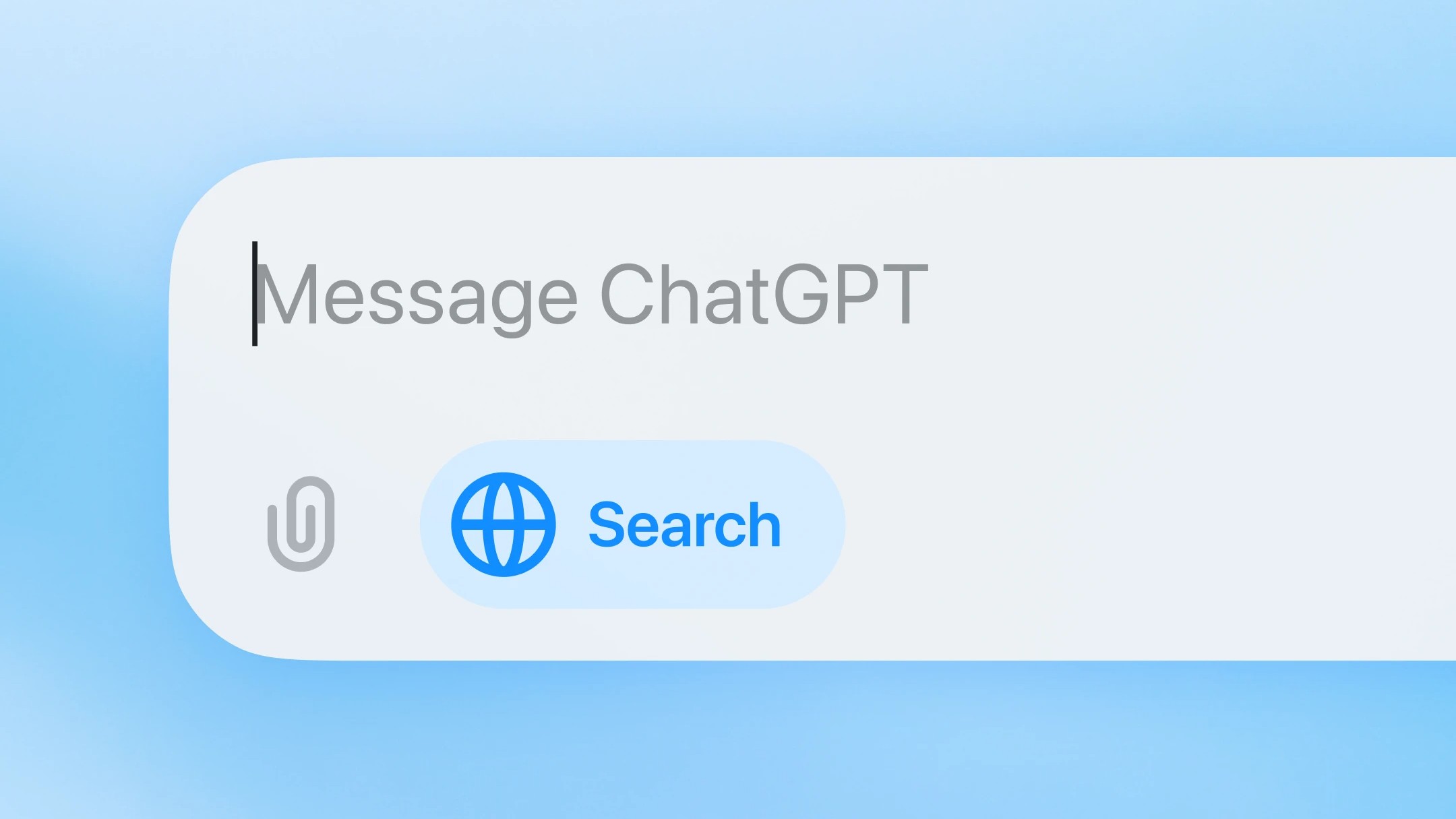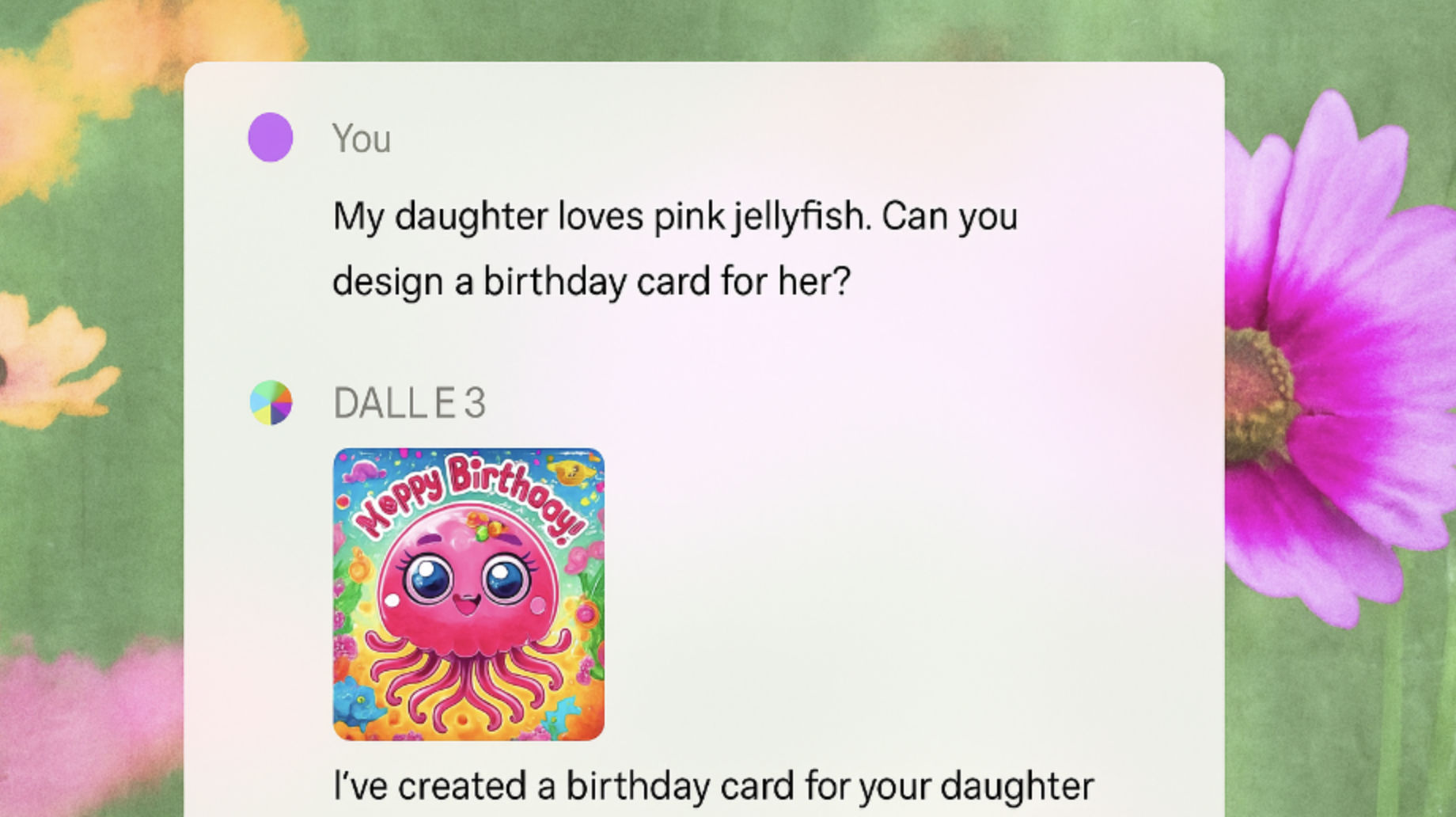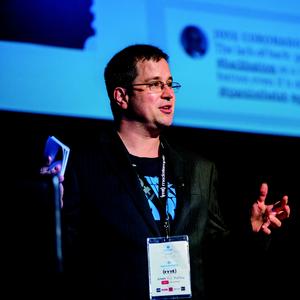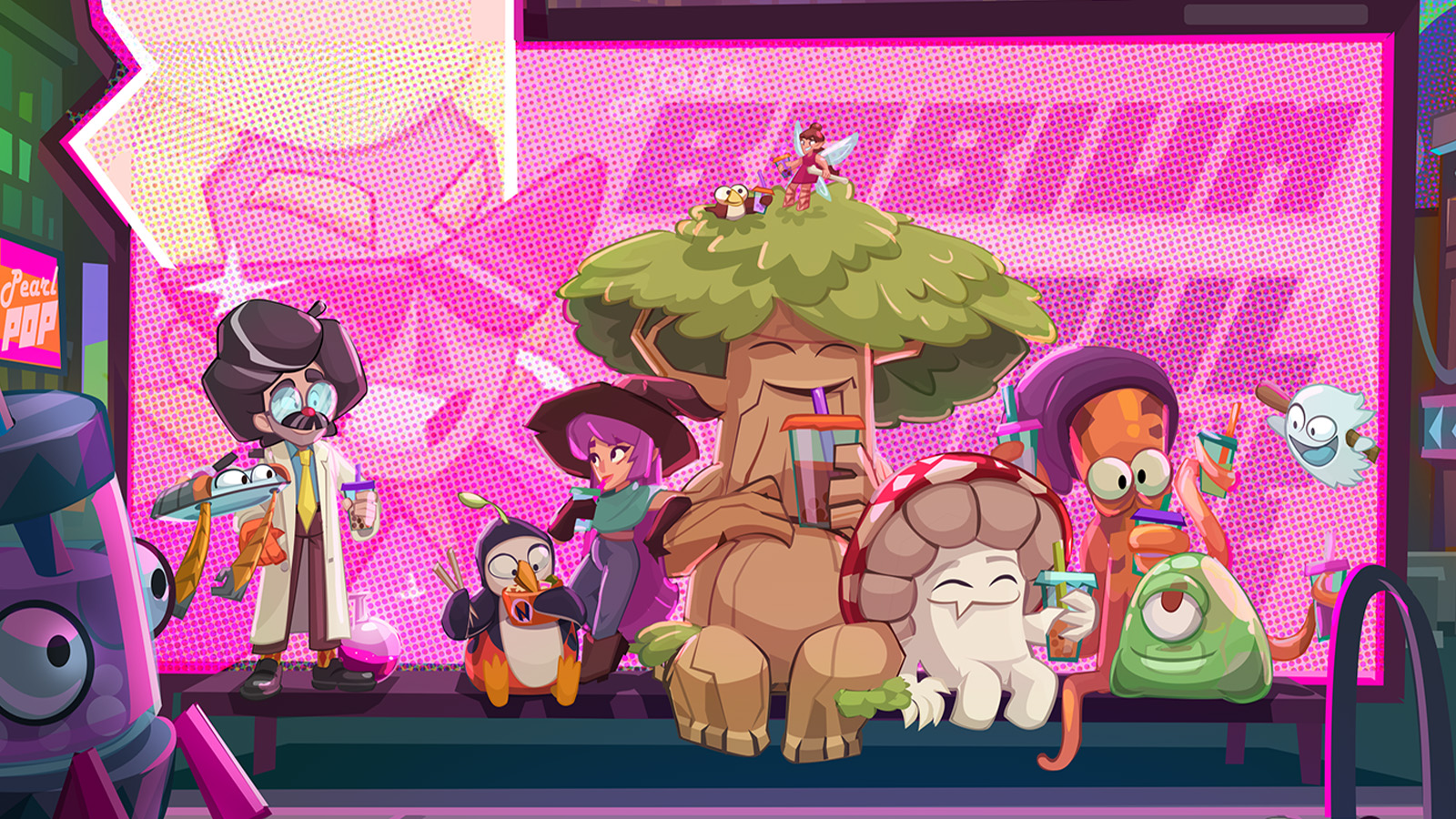
Imagine, if you will, a time traveller from 2019 stumbling into the morning of 10 June, 2025. They'd witness something that is, to them, quite extraordinary. Millions of people simultaneously experiencing withdrawal symptoms not from their phones, social media, or even Netflix... but from a chatbot.
Yesterday's ChatGPT outage wasn't just a technical hiccup: it was a collective existential crisis that laid bare how fundamentally the creative world, not to mention the world in general, has transformed over a few short years.
Our hypothetical visitor would be baffled by the sight of novelists staring blankly at their screens, unable to brainstorm plot points with their AI writing partner. They'd watch designers frantically refreshing their browsers, desperate to auto-generate that perfect thumbnail concept (rather than using the graphic design software of old). They'd witness students panic-texting their mates because their digital revision buddy had gone silent mid-session.
"What on earth," they might ask, "is a ChatGPT? And why does everyone seem to be having a nervous breakdown without it?"
Outsourced thinking
The answer would probably horrify them. In less than three years, we've collectively become dependent on AI for our creative processes, in ways that'd have seemed like science fiction just a decade ago.
Many of us have handed over not just our mundane tasks – fair enough – but our inspiration, our problem-solving, even our emotional support to algorithms. So yesterday's outage didn't just disrupt our workflows. It revealed the extent to which we've begun to outsource our creative thinking.
The irony is delicious. We've spent centuries celebrating human creativity as the one thing that makes us special, the irreplaceable spark that separates us from machines. Yet here we are, three years into the AI revolution, voluntarily tethering our creative processes to the very machines we once feared would replace us.
Daily design news, reviews, how-tos and more, as picked by the editors.
What's particularly striking is how quickly this transformation happened. The creative industries didn't gradually adapt to AI over decades; they were revolutionised in what feels like a blink (AI skills are even desirable at job interviews).
Blink of an eye
The shift has been so seismic that entire professions have been redefined. Graphic designers now speak fluent prompt engineering, especially during prototyping and moodboarding. Copywriters have become AI whisperers, crafting perfect instructions for their digital collaborators. Even traditionally low-tech creatives like painters and sculptors are experimenting with AI-generated concepts and colour palettes.

Yet yesterday's outage also revealed something hopeful: we're not entirely helpless without our digital crutches. Faced with silence from their AI assistants, creatives didn't just give up – they adapted. They dug out physical books and did some old-style Googling for research. They called friends for brainstorming sessions. They even (gasp) trusted their own instincts.
It's like when your home internet goes down and you remember there's something in the loft called a DVD player, and you can just about remember how to work it. The old skills are still there, just rusty from disuse.
Maintaining our autonomy
The real question isn't whether our increasing reliance on AI is good or bad; that ship has sailed. The question is whether we're conscious enough of this transformation to maintain some degree of creative autonomy.
In other words, are we using AI to enhance our creativity... or have we become so dependent that we've lost the ability to create without it?
The world has changed dramatically for creatives, and there's no going back. But yesterday's collective panic attack over a chatbot going offline suggests we might want to occasionally practise creating in silence. Just to remember what our own voices sound like, when they're not competing with artificial ones.

Tom May is an award-winning journalist specialising in art, design, photography and technology. His latest book, The 50 Greatest Designers (Arcturus Publishing), was published this June. He's also author of Great TED Talks: Creativity (Pavilion Books). Tom was previously editor of Professional Photography magazine, associate editor at Creative Bloq, and deputy editor at net magazine.
You must confirm your public display name before commenting
Please logout and then login again, you will then be prompted to enter your display name.
